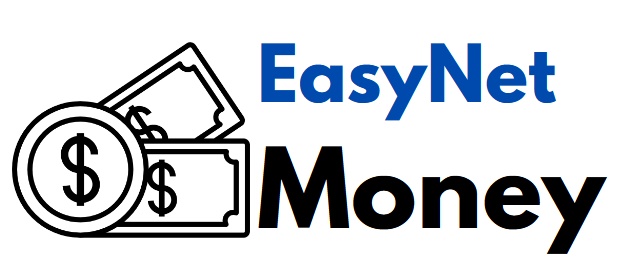As the popularity of the cryptocurrency and blockchain industry increases worldwide, various industries and socio-economic institutions have been able to take advantage of it. These industries include education, healthcare, NGOs, and more. Most recently, however, it is the agricultural sector that has been trying to derive some kind of long-term benefit from blockchain technology.
This is interesting because the agricultural sector is one of those industries that could perhaps benefit the most from implementing blockchain technology. However, as a result of limited access to a viable infrastructure, the agricultural sector has not been able to take advantage of blockchain as much as it would have liked to as of yet. This has resulted in a number of farmers lacking the appropriate digital framework and infrastructure needed to be able to support the desired integration and implementation of blockchain-based technology and solutions.
‘Infrastructure problem persists’, according to Bridie Ohlsson
Geora CEO Birdie Ohlsson stated yesterday that there are numerous challenges that are being faced by several key industries regarding the successful implementation and acceptance of DLT (Distributed Ledger Technology) adoption. Geora itself is a provider which focuses on digital agricultural frameworks and infrastructure.
In the world of agricultural technology, there is neither a viable infrastructure nor a use case, according to Ohlsson. “Simply put, it does not matter how great the product or service maybe if the appropriate consumer is unable to take advantage of it, and this is exactly the case with the farmers who usually do not have access to the Internet where they live and work, much less access to blockchain technology”, Birdie added.
There is thus a need for continued investments towards focusing on making this kind of technology readily available and easily accessible to those in remote areas such as farmers. This isn’t anything new either, as there had been issues faced with getting people to move away from recording their finances and transactions on a traditional pen and paper and onto MS Office tools, such as Excel, back in 2016.
Ohlsson, therefore, made the argument that while blockchain technology and DLT adoption are both things that key industries should look at, the agricultural sector has largely failed to do so. Birdie also argued that blockchain implementation is expensive and is primarily linked with big-time companies and organizations, and does not usually cater to smaller industries as much.
There is still time to change things
Nevertheless, Ohlsson still thinks that implementing blockchain technology can be done in an efficient and affordable manner and that this is closely associated with the global changing perception of blockchain, DLT and cryptocurrencies in general.
Due to the rising popularity of blockchain, we may very well be able to witness the agricultural sector be able to take advantage of this kind of technology and capitalize on it in the near future.

